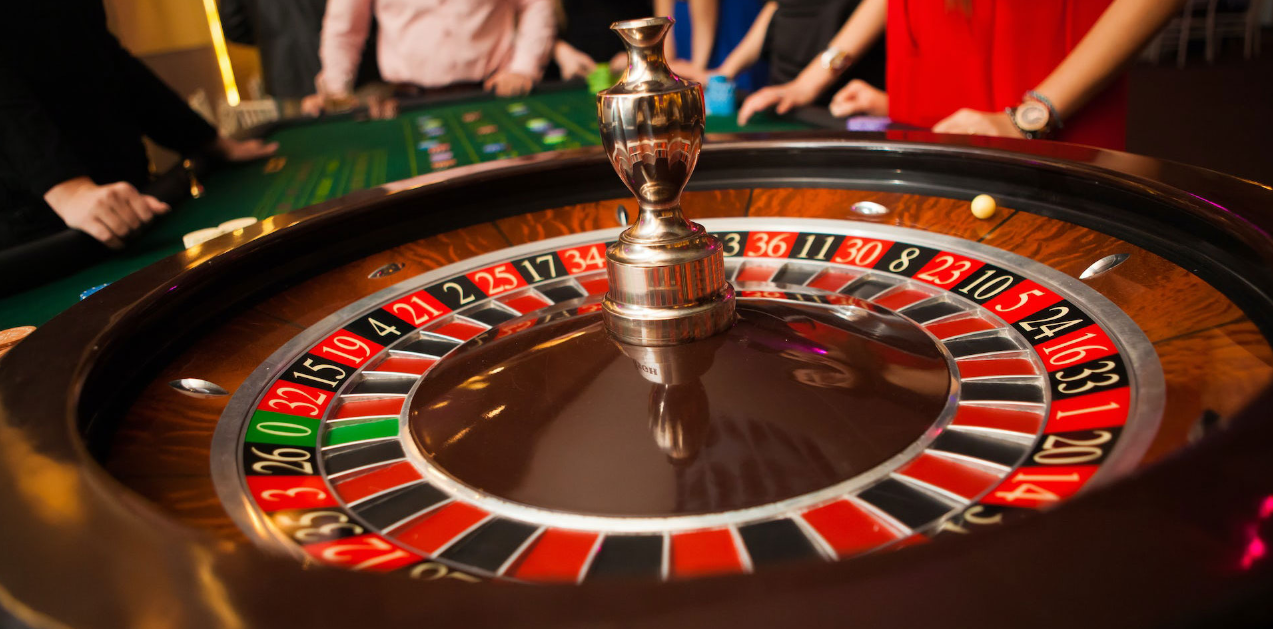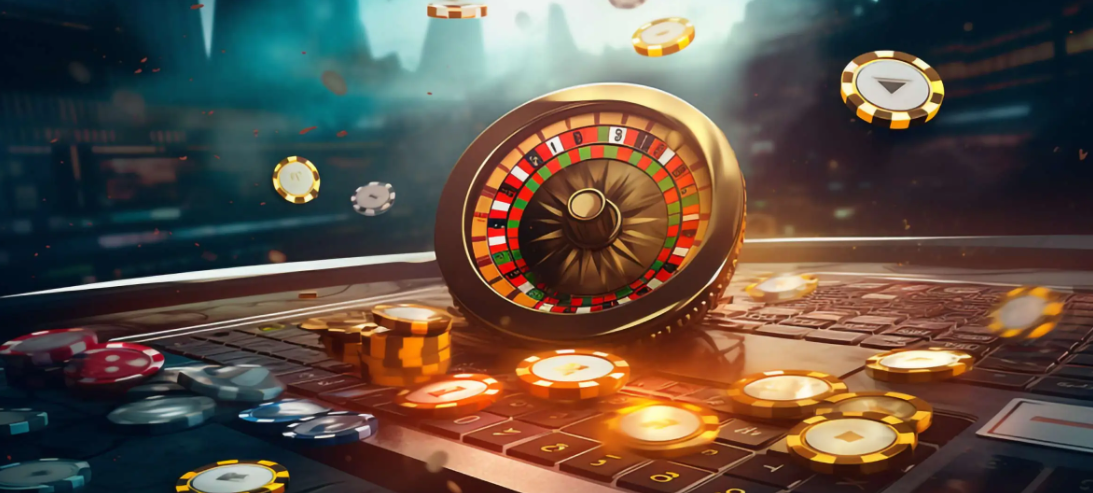Roulette, a game synonymous with the allure and glamor of casinos, has fascinated players for centuries. Known for its spinning wheel, the clatter of the bouncing ball, and the suspense of awaiting the final resting place, it’s a game of chance that has tempted many to find a way to turn the odds in their favor. This article explores the concept of beating roulette, delving into strategies, stories of those who have succeeded, and the mathematical odds that define the game.
Understanding roulette
At its core, roulette is a straightforward game. Players bet on where a ball will land on a rotating wheel, which includes numbers 1 through 36, alternately colored red and black, and one or two green zeros (0 and 00 in American roulette). The variety of bets—ranging from single numbers to groups of numbers, colors, or even and odd—offers different payouts and odds. But the question remains: can one truly beat roulette?

The mathematics of roulette
To grasp how to beat the roulette wheel, it’s essential to understand the mathematics that governs the game. Roulette is designed to favor the house, with a built-in advantage known as the house edge. For European roulette (with a single zero), the house edge is approximately 2.7%. American roulette (with both a single and double zero) jumps to about 5.26%. These percentages represent the casino’s average profit from a player’s bet. Thus, consistently winning over the long term is challenging from a purely mathematical standpoint.
Strategies for beating roulette
Despite the daunting odds, the allure of winning big on roulette has spurred numerous strategies. These range from betting systems like the Martingale—where a player doubles their bet after a loss—to more sophisticated methods involving mathematical sequences or physical analysis of the beat roulette wheel, such as identifying biases or imperfections.
Betting systems
Betting systems have long been touted as effective strategies for beating roulette, with various methods promising to secure a path to profit. Among the most famous is the Martingale system, which involves doubling one’s bet after every loss, with the theory being that the first win will recover all previous losses plus win a profit equal to the original stake. However, this and similar betting systems are fundamentally flawed for several vital reasons.
Betting systems often give players an illusion of control over a game based on chance. The roulette wheel has no memory; the odds of hitting a red or black, odd or even, or any specific number remain the same on every spin, regardless of the outcomes of previous spins. This principle negates the effectiveness of progressive betting strategies like the Martingale, Fibonacci, or D’Alembert, which rely on patterns that do not exist in genuinely random games.
Wheel analysis
Some of the most successful attempts at beating roulette have involved wheel analysis. This method requires identifying a biased wheel, where specific numbers occur more frequently than probability would dictate. A roulette winner can gain an edge over the casino by betting on these numbers. This approach demands a keen eye, patience, and, typically, sophisticated equipment.
Legendary roulette winners
The history of roulette is dotted with individuals who have claimed to have cracked the code, becoming big roulette wins legends. One such figure is Joseph Jagger, the man who beat roulette in the 19th century by identifying biased wheels at Monte Carlo. More recently, Gonzalo Garcia-Play used a computer to analyze thousands of spins, identifying biased wheels and winning millions.

The reality of beating roulette
While stories of the gambler who cracked roulette inspire many, it’s crucial to recognize the rarity of these successes. Casinos now employ rigorous maintenance and regular checks to eliminate bias in roulette wheels, making finding a flawed wheel increasingly tricky. Furthermore, the advent of online roulette, which uses random number generators, has made traditional wheel analysis obsolete.
Ethical and legal considerations
It’s worth noting that while exploiting a biased wheel is not illegal, casinos are quick to ban players they suspect of using such tactics. The ethical implications of exploiting these flaws are also debatable. While some see it as a clever how to beat roulette, others view it as taking unfair advantage.
The dream of beating is as old as the game itself. While the odds are designed to favor the house, the stories of the best roulette players who have managed to roulette win big on roulette continue to captivate the imagination of players worldwide. Whether through mathematical strategies, psychological tactics, or sheer luck, the allure of becoming a roulette winner is a big story that keeps the roulette wheel spinning in the hearts of gamblers. However, it’s essential to approach the game with realism, understanding the odds, and enjoying the experience for what it is—a game of chance.
Ultimately, the most crucial strategy is knowing when to walk away, whether seeking to become the best roulette player or simply looking to enjoy a night at the casino. Gambling should always be approached responsibly, with the understanding that the house usually wins in the long run. Yet, the thrill of the game, the chance of becoming the next big roulette win story, ensures that the roulette wheel will continue to draw players for generations to come.


